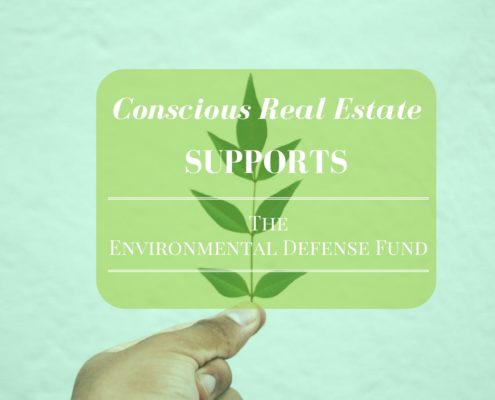
In Defense of the Environment: The Environmental Defense Fund
Let’s Face It, The Numbers Matter!
The Environmental…
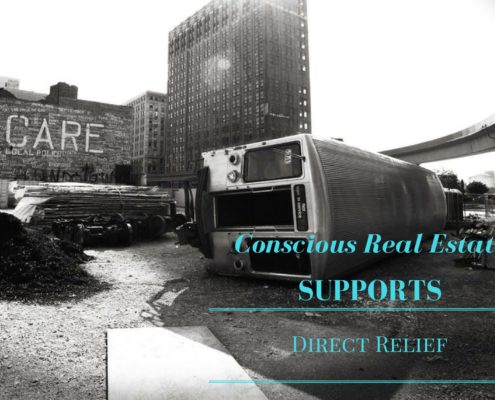
Direct Relief: Emergency Help in Crises
Life Saving Medical Aid: Without Regard to Politics, Religion…

Judi's House: Door's Open!
A truly Colorado organization, former Broncos quarterback…

Ways You Can Protect Your Local Birds At Home
.
Want to make your home a little greener and support…
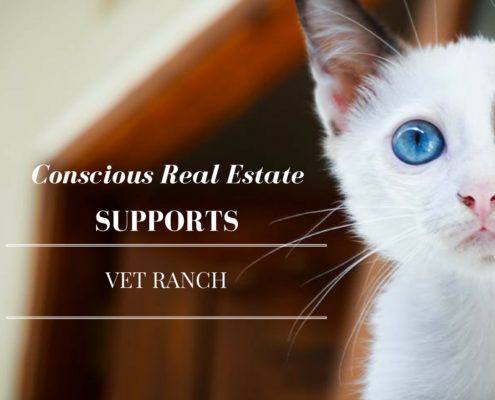
Conscious Real Estate Supports Vet Ranch (And Kittens!!!)
Vet Ranch Started When A Call Came In About An Animal Who…
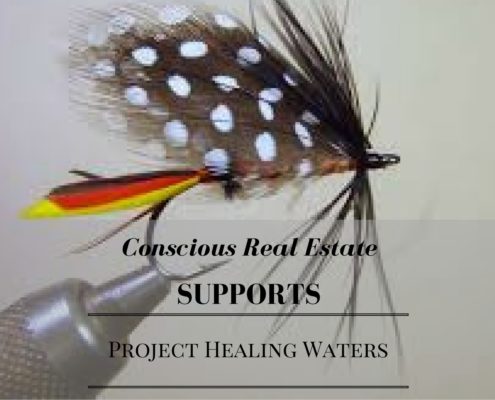
Conscious Real Estate Supports Project Healing Waters
Project Healing Waters is a nonprofit organization that helps…
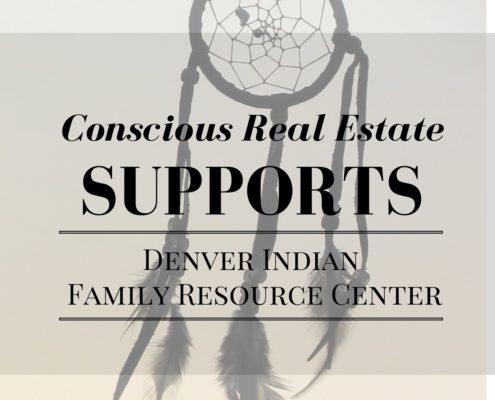
Conscious Real Estate Supports the Denver Indian Family Resource Center
Native American families in Colorado are supported by what…
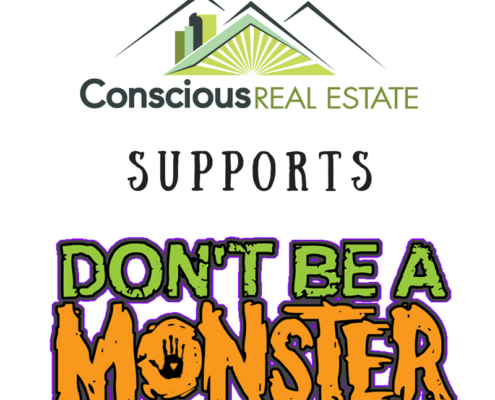
Conscious Real Estate Supports Don’t Be A Monster Program
In one definition, bullying is when a person uses strength…
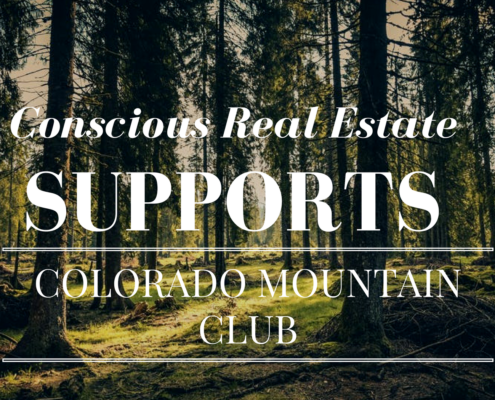
Conscious Real Estate Donates to Colorado Mountain Club
Adventure!
That’s what I often hear when people are asked…
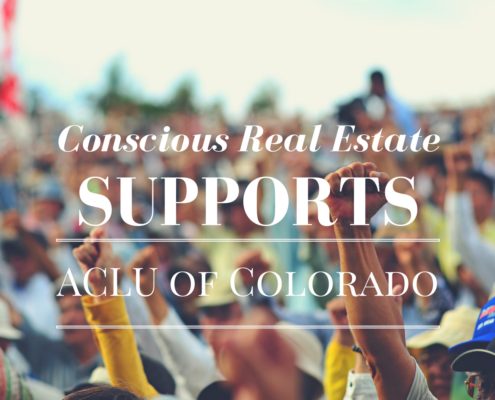
An Open Letter to My Non-Profit Colleagues
Greetings Nonprofiteers!
We all know that a strong and vibrant…

Conscious Real Estate Donates to Denver Dumb Friends League
As part of our core company values, each of our agents donates…

The Conscious Group Donates to the ACLU of Colorado
A champion for the people, the American Civil Liberties Union…





